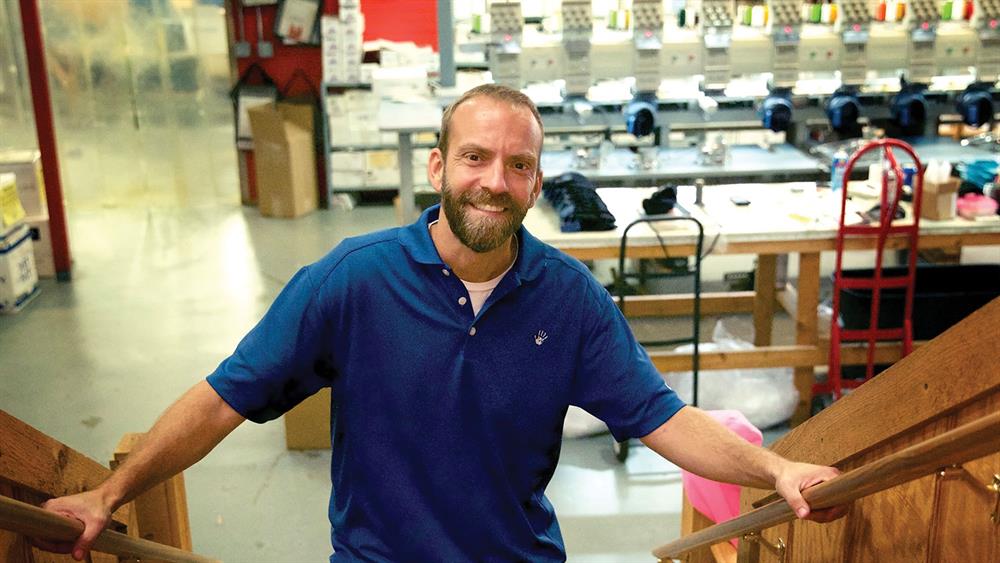Kerby Anderson
Some court cases can be complex and convoluted. This isn’t one of them. The Kentucky Supreme Court heard oral arguments for the case of Blaine Adamson. He is the print shop owner who declined to print shirts with a message promoting the gay pride festival but offered to connect the local group to another printer.
Before you jump to the conclusion that his decision is merely another religious liberty versus LGBTQ issue, consider other shirts he declined to print or decided to print. For example, he declined to print a picture of Jesus on a bucket of chicken (even though it was requested by a local church). On the other hand, he has printed materials for a lesbian singer who has performed at a pride festival.
He has, so far, won at the trial court and the court of appeals. I hope the judges at the Kentucky Supreme Court agree with the other judges in the case that artists have the right (even the responsibility) to use their artistic talents that are in keeping with their viewpoint.
Someone else who understands the importance of this case is Kathy Trautvetter. She runs her own print shop in New Jersey. She is also a lesbian. Though she may agree with the LGBTQ message, she emphatically disagrees with forcing people to print a message against her conscience. She also believes we have the constitutional right to free speech. She doesn’t want to be put into a position of having to print a message on her shirts that she does not like.
I wish more people on either side of our cultural divide would think through the implications of forcing a person to create a message that violates their conscience. If government can force Blaine to violate his beliefs, it can force you to violate yours.
It is bad enough when a government agency, silences your speech. It is even worse when that government agency compels speech.
 Listen Online
Listen Online Watch Online
Watch Online Find a Station in Your Area
Find a Station in Your Area












 Listen Now
Listen Now Watch Online
Watch Online
